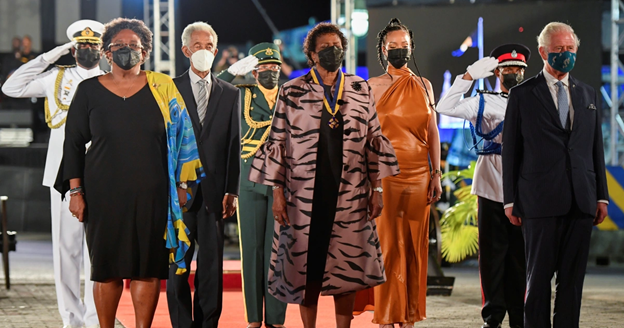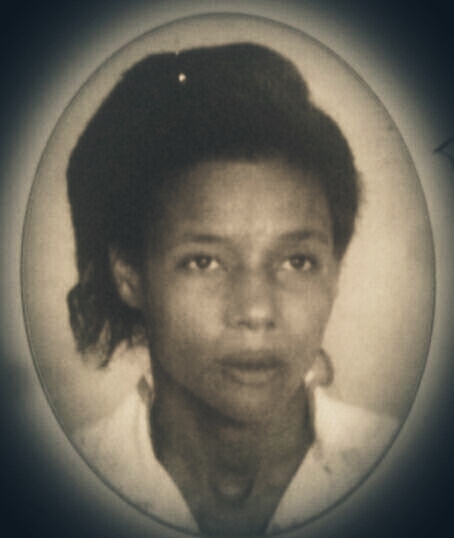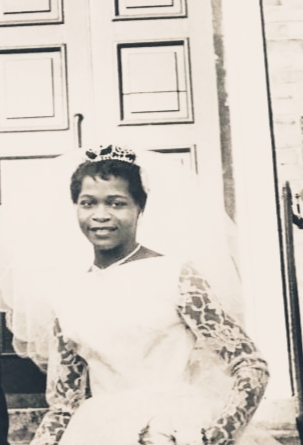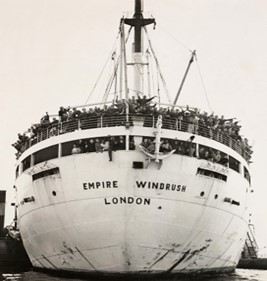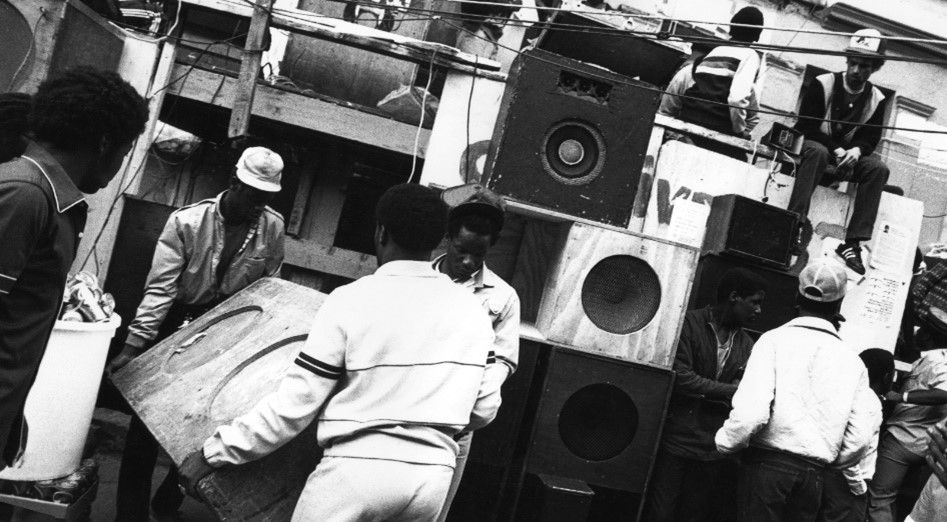To mark Windrush Day we met with Shaila Pal, Director of King’s Legal Clinic to find out more about their recent work to support members of the Windrush Generation.
The King’s Legal Clinic aims to further the education of KCL law students and promote social justice. The Legal Clinic has allowed King’s students to help victims of the Windrush scandal in practical and proactive ways. You can find out more about the Windrush Justice Clinic’s award winning work in this article.
Tell us about yourself and your role at King’s. How did you get involved with this work?
I am the Director, Supervising Solicitor and Senior Lecturer at King’s Legal Clinic (the Clinic) which is part of the Dickson Poon School of Law. The Clinic aims to promote social justice and educate our students by providing them with experiential learning opportunities. Our students work on legal cases and research projects under the supervision of lawyers either as part of an assessed module or on an extracurricular basis. I teach and supervise clinic students and oversee the running of the Clinic, this includes developing new partnerships and clinics.
When the opportunity arose to develop a Windrush Justice Clinic (WJC) for King’s it seemed a perfect opportunity as it aligned with the Clinic’s aim to proactively engage students in equality and race issues through experiential learning. Following the brutal killing of George Floyd , as a Clinic we had begun to reflect more deeply on what our social justice mission means. The Clinic has long recognised the link between the hostile immigration environment and racism and have developed a range of immigration advice services to counter this. We also have an active strategy to work with marginalised communities both in the UK and internationally.
I led on developing the WJC at King’s with great support from the Law faculty, the Clinic team and more widely at King’s. There have been challenges along the way, but it has been a positive experience and really brough home how much my own values align with King’s. In the first part of my career I worked as a legal aid solicitor specialising mainly in refugee and immigration law. I had always been committed to working with marginalised communities and enabling access to justice, the transition to teaching and clinical legal education was quite a natural one.
When we talk about the ‘Windrush scandal’, what do we mean?
People arriving from the commonwealth from 1948-1971 are commonly referred to as the Windrush Generation. ‘Windrush’ derives from the ship ‘HMT Empire Windrush’ which brought one of the first groups of Caribbean people to the UK in 1948. Many of the Windrush Generation were invited by the British government to the UK to take up jobs, for e.g in the newly formed NHS, where there were shortages in the aftermath of WW2. The people of these colonies or dominions , as there were then then known, were given a type of citizenship and were British subjects. This accorded them a right of free movement within the empire and an ability to transmit their status to their children.
The essence of the scandal is that the Windrush generation , and their children, who arrived in the UK were residing here lawfully, they were either British or had settled status. However the Home Office issued no formal paperwork in many instances, as there was no legal requirement to do so.
In 2010, the Home Office destroyed landing cards and other records belonging to Windrush migrants, making it is difficult for Windrush arrivals and their families to prove their legal status following changes in the Immigration system and notably the Government’s 2012 hostile environment policy. The hostile environment policy aimed to make the UK uninhabitable for undocumented migrants by tasking landlords, employers, the NHS, banks and many others with the function of enforcing immigration control. This meant that many of the Windrush Generation were unable to prove their lawful immigration status , some were detained and deported, lost their right to work and rent, access to bank accounts, claim benefits and access to healthcare etc.
In 2018, the UK government finally accepted that it had wrongly detained, deported and denied legal rights to the Windrush generation. Following acknowledgement of the scandal, to date more than 12,000 people have received documents from the Home Office confirming they are now legally living in the UK. In April 2019, the government established The Windrush Compensation Scheme (‘WCS’) which aims to provide victims with recompense for their suffering.
The WCS scheme has been extensively criticised and whilst attempts have been made to improve it, many consider it not fit for purpose. In November 2021, the Home Affairs Committee on the WCS found: ‘Instead of providing a remedy, for many people the Windrush Compensation Scheme has actually compounded the injustices faced as a result of the Windrush Scandal’. There are numerous issues with the schemes;
- Low uptake, only 5.8% of the people who are believed to be eligible for compensation have received a payment.
- Complex application process requiring detailed calculations, supporting evidence and information.
- Hostile approach to assessment of evidence.
- Inadequate legal advice provision. Legal aid is not available.
- Delay in decision making, for e.g. 23 people have now died without receiving a decision.
- Low amounts awarded.
- Inadequate appeals system.
Initial estimates had suggested the scheme could be forced to pay out between £200 -500 million and that at least 15,000 applications would be submitted. Thousands of people have been affected by this scandal, but many are reluctant and often frightened to ask for help. The estimate of eligible claimants has been revised down by the Home Office and current stands at 4,000 to 6,000 claims.
What does the Windrush Justice Clinic aim to do?
The WJC is a collaborative partnership made up of community organisations, law centres and university legal advice clinics striving; to help victims of the Windrush scandal receive the compensation they deserve; research the accessibility and fairness of the compensations scheme; and share and disseminate the WJC clinical legal education model of collaboration.
King’s joined the wider WJC collaborative partnership in October 2021. King’s part-funds a solicitor at Southwark Law Centre and 20 King’s students have been involved in; supporting community outreach sessions to raise awareness of the WCS and build trust in the elderly Windrush community in Southwark; and provide casework support to the SLC solicitor in complex cases involving vulnerable clients.
The WJC has carried out preliminary research, led by the University of Westminster, into unmet need for legal advice for people making claims under the WCS which found the process was to complex for claimants to navigate, legal assistance was required, the current advice framework in inadequate and there is considerable unmet legal need.
Have any of the cases you’ve worked on surprised you?
I have been struck how the Windrush scandal has impacted a wide variety of people from all walks of life and ages. King’s WJC is representing clients from a variety of countries in the Commonwealth, including those with Jamaican, Dominican, Indian, Nigerian and Canadian heritage. We have younger client’s who are victims of domestic abuse, experiencing serious problems in accessing housing support due to the inability to prove their lawful residence. An older client who’s highly successful career in creative industry was stalled for a number of years, which had a devastating impact on his life including health issues, financial issues and the resultant breakdown of significant relationships. A daughter who experienced significant delays returning to the UK to care for her elderly and unwell mother. Many people’s lives have been impacted and it is humbling to hear about their experiences.
What lessons do you hope we have learnt from the treatment of the Windrush generation?
There is much to reflect upon and learn, this is something we are planning an event around to take place in either September or October 2022, so watch this space! For me the following are critical as a starting point:
It is important to assess the root cause of any problem and we have to address the historic and ongoing racism which permeates immigration legislation in the UK. Whilst there has been some acknowledgment , there does appear some resistance. It was recently reported that the Home Office is suppressing the release of a government commissioned report which finds racist legislation led to the Windrush scandal.
Public sector equality duties must be carried out in a meaningfully and robust fashion. In 2020 the Equality and Human Rights Commission found that the Home Office has acted unlawfully by not properly considering how it’s hostile environment policies affected black members of the Windrush generation.
A functioning and effective legal aid system is vital to protect people’s rights and keep a check on government. When the hostile environment immigration policy was introduced, large parts of immigration advice was removed from the scope of legal aid, therefore Windrush victims were unable to access to vital free legal advice. Many Windrush victims currently need legal assistance with their compensation claims in light of its complexity and the historical trauma suffered, legal aid is not available and this is another reason for the low uptake in the compensation scheme.
A government compensation scheme should be administered by an appropriate department who is not viewed as the perpetrator of the harm by the victims. Distrust in the Home Office has been cited as a reason for the low uptake in the scheme, the rules of the scheme itself require a level of evidence which perpetuates the culture of hostile environment:
“From my experiences with the Windrush Compensation Scheme / Home Office, and their responses to my claim, it is almost like they are telling me the following: “We are really, really, sorry for punching you in the face, however, we are sure you’ve recovered now, it wasn’t that bad of a punch, so here is another punch in the face, but don’t worry about that one, because you’ve already recovered, please accept some tape and cotton wool to make a plaster out of.’” Windrush victim testimony provided to Home Affairs Committee
What is the future of the work of the WJC?
The WJC has been great success so far , it won Best New Pro Bono Activity Award at the 2022 Law Works and Attorney General Student Pro Bono Awards. Most importantly we are supporting clients and providing our students with a valuable learning experience, where they can develop an understanding of structural inequalities in society and work with clients from diverse backgrounds.
We want the WJC to help as many people as possible through casework in partnership with Southwark Law Centre, build capacity in other Clinic’s and organisations across the UK, and carry out further research on unmet legal need and systemic issues with the compensation scheme.
Want to Learn more about Equality, Diversity & Inclusion at King’s College London?
